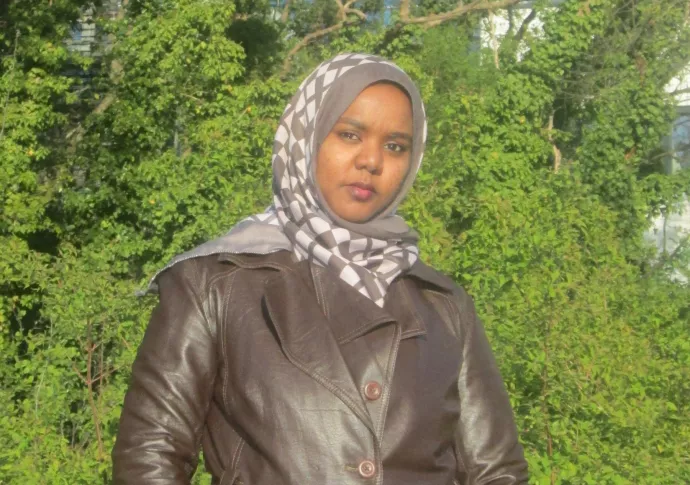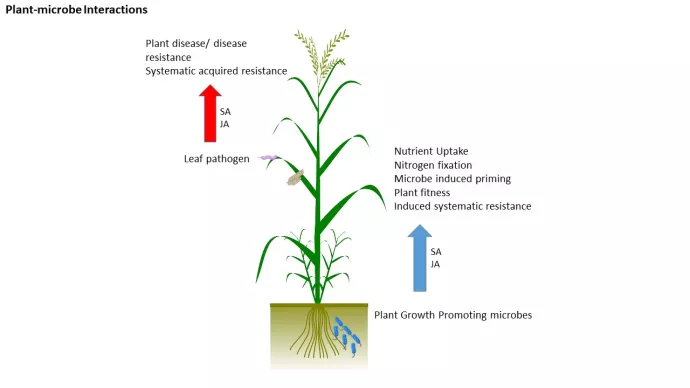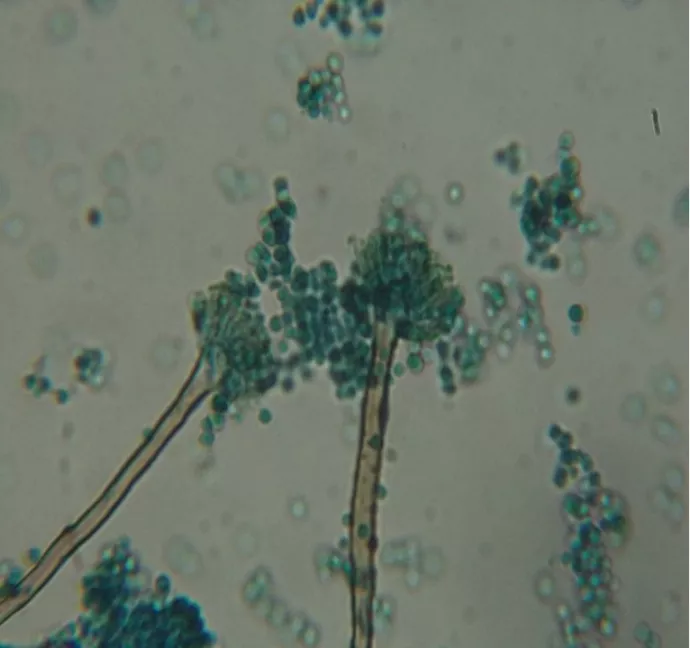New Course on Plant-microbe Interactions and Plant Immunity (BIO484H5)
The Department of Biology at University of Toronto Mississauga is proud to announce a new course for the Winter term: BIO484H5: Plant-microbe Interactions and Plant Immunity
Course description: This course offers a lecture and seminar-based course on host-pathogen interactions. We will consider the molecular and physiological basis for the interaction of plants with pathogenic and mutualistic bacteria, fungi and viruses, as well as the mechanisms of plant defences against pathogens. Topics will include microbial virulence, plant signalling, gene expression, and disease resistance, and plant growth promoting microbes.
Pre-requisites: BIO207H5 and any of the following courses: BIO312 or BIO324 or BIO330 or BIO347 or BIO353, or BIO368 or BIO412.
Why this course is interesting?
In general, microbes affect plant growth, development and productivity positively (plant growth promotin
g microbes) or negatively (Plant pathogens), understanding these interactions is of great demand for global food and energy security:
1. The global population is expected to reach 9.7 billion by 2050, therefore food demand is expected to increase between 59% to 98%. Plant pathogens are estimated to cause around 40% crop loss which is a serious threat to global food security. Understanding the complex nature of the host-pathogen interface can pave the way for novel strategies to improve plant disease resistance and protect the food supply.
2. Beneficial plant-microbes interactions is a potentially advantageous technique and could be used to improve plant productivity, food quality and security in more sustainable and eco-friendly agricultural systems.
3. Communication mechanism between plant and microbes provide informative examples of experimental approaches in biological research.
Dr. Hind Emad is the instructor for this new course.
Dr. Emad obtained her Bachelor of Science (Biology) in 2008, and then she was awarded the German Academic Exchange Service (DAAD) in-country scholarships to support her MSc degree in Microbiology in 2012. After her PhD in Molecular Biotechnology in 2018 from the University of Khartoum, Sudan, Dr. Emad joined Max Planck Institute of Molecular Plant Physiology in Germany in 2019 as Post-Doctoral Fellow.
Dr. Emad joined the Department of Biology, University of Toronto Mississauga, in September 2021 in Professor Marc Johnson's Lab as Post-Doctoral Fellow.
Her research focuses, in general, on understanding physiological and molecular response of plants to stress (biotic and abiotic) for improving yield and ensuring food and fuel for the future.





